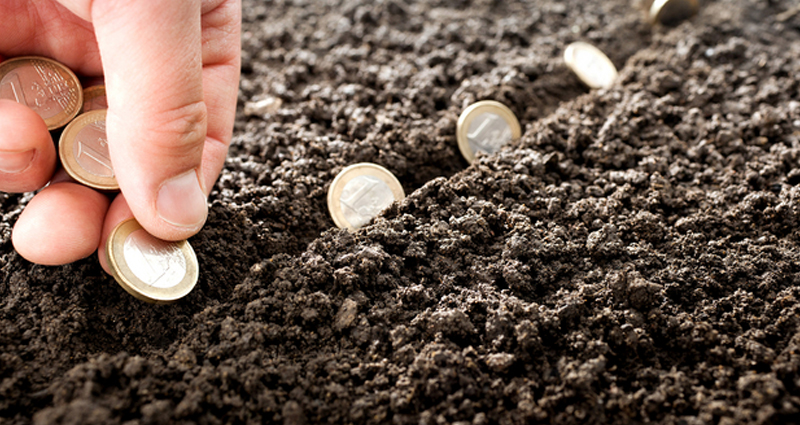Investment Indians make and are they really worth it?
Investment in traditional assets and changing landscape
India is a land of savers. A lot of Indians compromise on their lifestyle today in order to have a secure future. Ask why? And the ‘saving’ Indian’s answer would invariably be… “For a secure future”. Indians save by buying gold, real estate and the urban class bank their savings in FDs. These are common man facts but let’s leave no doubt or offer space for dispute. According to a report published by Karvy Private Wealth for the financial year ended March 2015, Indians’ Investment in Gold tops the charts with 57.15 lakh crore, Real Estate coming in second at 52.85 lakh crore, Investment in Direct Equity at 34.39lakh crore and investment in FDs extremely close at 33.39 lakh crore.

Indians look at owning the roof over their heads as an undeniable necessity. While the rest of the world cheers “Go for Gold” this year and this season at Rio, Indians literally ‘go for gold’ every other season and every other year. The spike in Direct Equity Investments scoring a little higher over FD’s is commented by the research company as a trend reversal. Experts also say that the Indian Investment scenario is changing with investors opting for Equity and Mutual funds over Physical assets like Gold or Real Estate.
However, too much of investment in Physical Assets (assets that you can feel and touch) like Gold and Real estate is always a problem and is associated with liquidity and maintenance issues. Let us take a look at the pros and cons of owning these assets.
Gold:
- The most common form of buying gold is as jewellery, where the buyer pays high on making charges and wastage which leads to a deduction anywhere between 8-30% when he wants to sell the gold to realize its value.
- Bank coins are also charged a 5-10% premium and are not bought back by the banks
- Gold does not give any current income, the investor will only be able to realize its value on sale.
- Although gold has fared well historically, absolute returns are at a bleak 0.8 % above inflation.
- Jewellery can never be considered as an investment it only symbolizes wealth and an expense for pleasure.
- However gold scores high on Liquidity.
- Gold is taxed as a capital gain. It has no other tax benefits as well.
Investment in gold is worth it, just not as a jewel. We prefer to keep about 5% of our assets in gold just to take care of any unforeseen emergencies or financial crisis.
Real Estate:
Aravindhakshan is stuck with his investments. In his early forties, he has not one but three flats and all of which are on an EMI. The lure of securing loans easily has pushed him to create physical assets in this real-estate crazy investment market. He has an unexplained apprehension when it comes to assets that he cannot see and feels very strongly about creating wealth by owning physical assets especially real estate. He stays in one and has rented another.
But it is the third one that stresses him completely. It is lying vacant for more than a year, and the EMI has left him with little or no option to invest in any other plans that offer periodic returns or a better liquidity. He has been thinking long and hard about selling it, but a sale now would only render a loss due the interest he’s paid on the home loan. Right now all that Aravind can focus is that the asset is not earning him any interest.
Real estate has always been the first choice of investment for the Indian. Rising costs, purse pinching EMI’s that leave little or no money for expenditure, and maintenance costs ring the warning bells when it comes to putting all the money on real estate. Moreover, real estate scores extremely low on liquidity. A great asset for keeps and planned realization, real estate is high on appreciation.
Fixed Deposit:
Nalini Viswanathan had a small saving of INR 1 lac. She works for a private firm as a secretary to the CEO and wanted to invest the money for returns. She is extremely sensitive when it comes to safeguarding her principal and put the money in an FD. At an 8% interest rate the interest received would be INR 8000/- . Note that interest in FD is taxable and a 30% tax would make the interest INR 5600/- which is a meagre 5.6%. FDs are great for security but definitely not for returns.
Therefore, the average Indian is now looking more at direct equity investments, bonds, mutual funds and other return based financial assets because of education, awareness and growing consumerism that expects the individual to maintain a fat purse at all times. Too much of any physical asset presents challenges in liquidity, appreciation or returns which is definitely not a wise way of dealing with finances.
This article has been contributed by K.N. Sridharan, CEO WinRich
About the Author